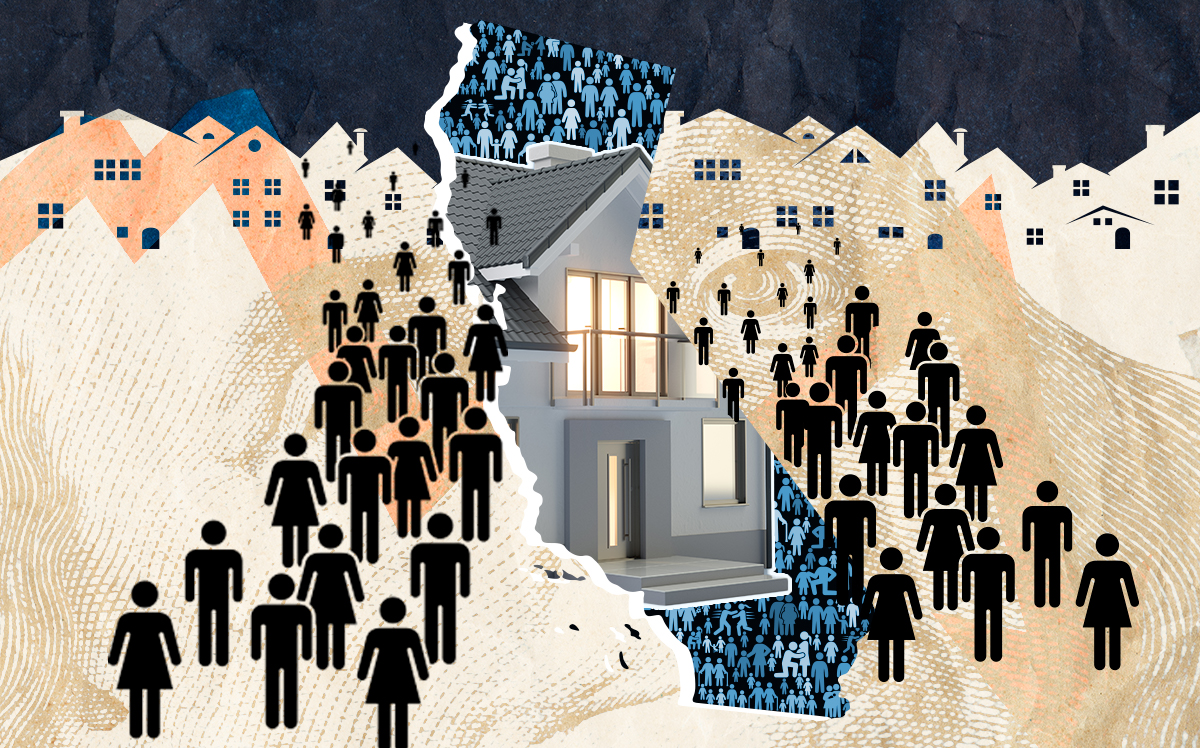When it comes to the state’s population drain, Northern California cities saw the greatest decline during the pandemic, with the Bay Area taking the biggest hit.
While San Francisco was noted for its steep drop in residents from July 2020 and July 2022, other cities around the Bay also fared poorly, the Los Angeles Times reported, citing U.S. Census figures.
The same data show that many of the cities that grew the most during that period were in Southern California. Another analysis showed that more than 500,000 residents poured out of California during the pandemic.
Last year, the state’s population fell for the third year in a row. The number of people living in California dropped by around 138,000 last year, to 39 million, according to state data cited this month by the New York Times.
Experts blamed the population losses to the Bay Area’s tech-rich economy. Tech companies allowed employees to work from home, which led to an exodus of workers in Northern California, Dowell Myers, a professor of policy, planning and demography at USC, told the Times.
Northern California cities were also likely affected by “less construction and higher prices” for homes, Myers said.
The big cities impacted most by population losses were San Francisco, which saw a 7.1 percent decline, followed by Daly City at -4.4 percent, Berkeley at -4.2 percent and San Mateo at -4.1 percent.
San Jose lost nearly 40,000 residents and fell off the top 10 list of the nation’s most populous cities with a 3.8 percent dip in residents.
Experts expect population loss in major cities to slow as the pandemic era ends. But they say the state’s housing crisis — a driving factor in the flight — won’t be going away anytime soon.
Urban centers such as Downtown San Francisco emptied out as tech workers stopped coming in to work, causing local economic distress.
What’s more, the real estate price boom has made it harder for others to move in.
“Hundreds of thousands more people would desire to live in the Bay Area — if not millions — and Southern California, if we made it easier to accommodate those people through more housing units and presumably more affordable housing,” Michael Lens, a professor of urban planning and public policy at UCLA, told the Times.
The lion’s share of the cities that gained the most people between July 2020 and July 2022 was in suburban and exurban areas, largely in the Central Valley, Placer County and Lake Tahoe.
— Dana Bartholomew
Read more



